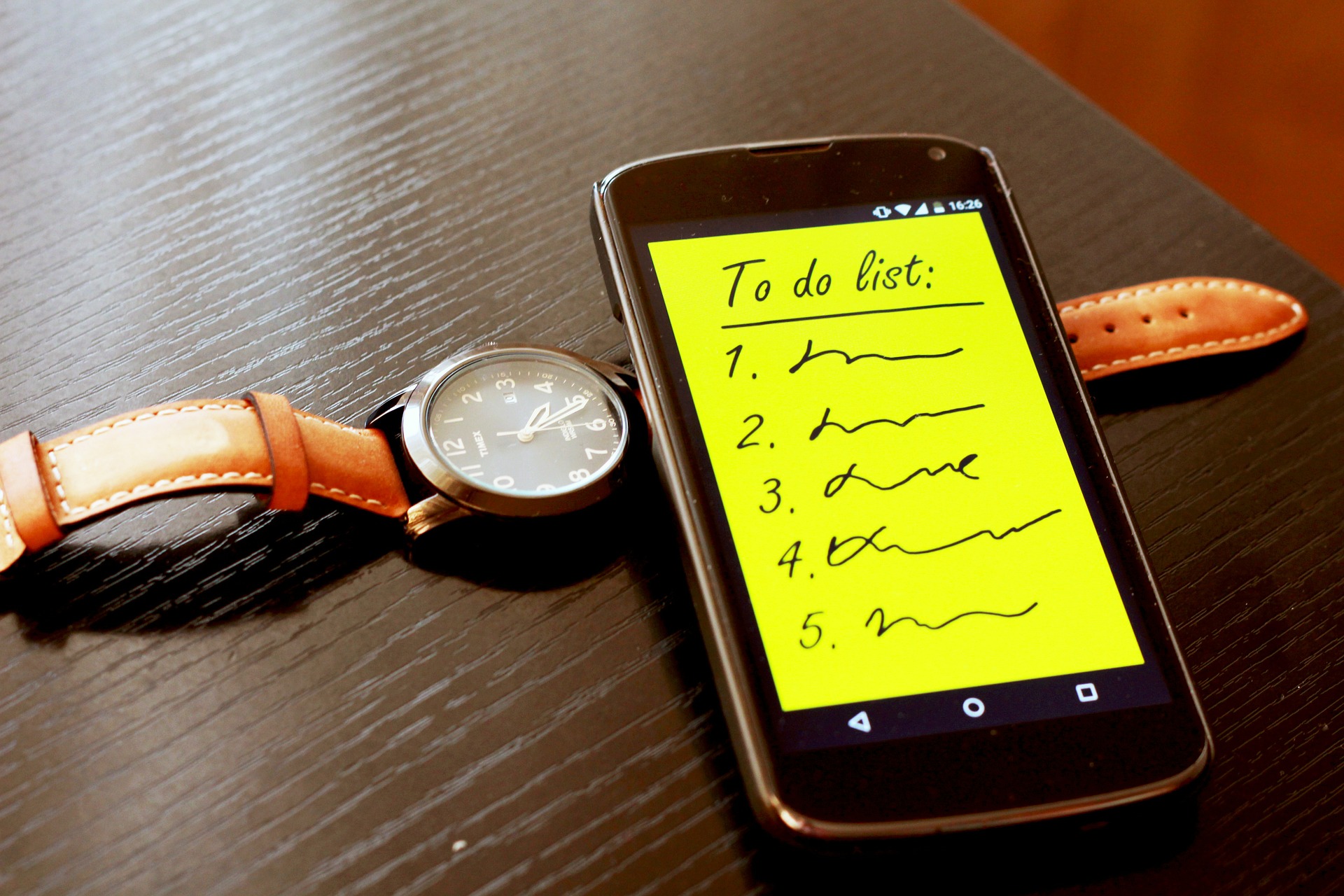We’re known to be creatures of habit. If you want to change your life, the general advice is to change your habits, and as I’ve mentioned in The First 21 pages of your journal, it takes longer than 21 days for new habits to stick. That’s where habit tracking comes in. Lately, I’ve been experimenting with a few habit-tracking methods to see what works best. The first thing I learned was that not all habits need to be tracked the same way.
1) Don’t Break The Chain Method. Some habits are simply binary. You either do them or you don’t. That translates to the presence or absence of a tick mark or a cross sign on a calender. For such habits, I personally use a calender-form habit tracker . You can find many such printables on pinterest, such as this one. Or you can design your own. Pinning those to a board in your room provides you with visual motivation as you start seeing more and more crosses appearing. You can use it for two habits, with crosses representing one habit and circles representing another. Anything more and the A4 version of it becomes messier.
Jerry Seinfield used this method to write jokes everyday. He said,
“After a few days you’ll have a chain. Just keep at it and the chain will grow longer every day. You’ll like seeing that chain, especially when you get a few weeks under your belt. Your only job next is to not break the chain.” Tweet this
And if you have to break the chain for whatever reason, you can make your own personal rule like, “Don’t break the chain twice in a row.”
2) Tracker apps. One of the most common is Coach.me that helps you track the frequency of habits. The app also helps you connect to coaches for different habits but those require you to pay for the pro version. This app is also for binary habits, but it allows you to add in comments if you want to note down how much time each task took. It also helps give you an overview on all the habits you’re tracking.
Another tracker app helps for timed habits. Atimelogger for the iphone is a personal favorite. You can log in all tasks you do every day. This gives you an indication on how many hours you spend weekly on important tasks and lets you stay on track of goals with a time component such as “Spend 5 hours writing every week,” or “Get 8 hours of sleep every day.”
Then there are specific tracker apps for water intake and food intake and miles ran. They help send you reminders and notifications so you feel the urgency of updating them. Of course, sometimes they can be too overwhelming and it starts feeling good to ignore the notifications. If you’ve reached that level of insensitivity towards them, just save yourself the headache – and phone storage – and delete them from your phone as they don’t seem to work for you.
3) Wearables such as Fitbit. These are trackers you wear like a watch (or clip-on) to track the number of steps you take, distance traversed, calories burned, amount of sleep you get. A lot of people I know who use fitbit highly recommend it, saying it significantly changed their sedentary habits, making them take the stairs instead of the lift, and take longer routes while walking. Fitbit also syncs with devices such as phones and tablets. The only thing about them is they’re not free. (If you live in the UAE, you can get FitBits and other awesome things at Jadopado -they have awesome customer service).
4) Go old school. Sometimes a tally system works best for things. Cal Newport hangs a sheet and tallies the number of hours spent thinking really hard on computer science research problems. The author of Deep Work and So Good They Can’t Ignore You calls it a minimalistic metric but it works for him and it requires basic technology which all – or at least most – of us happen to have; pen and paper. No calenders. No apps. No fitbits.
Whether you choose to not break the chain, download an app, get a fitbit or go old school, select a tracker method that you can update easily, and at the end of the day, remember you’re not tracking for tracking’s sake. You’re tracking to improve, so work hard on improving!
“We are what we repeatedly do. Excellence, then, is not an act, but a habit.” – Aristotle Tweet This
Like this article? Share it with your friends on Facebook and like the Facebook page https://www.facebook.com/AH-Scribbles-1699410536954329/
Image: Pixabay.com
